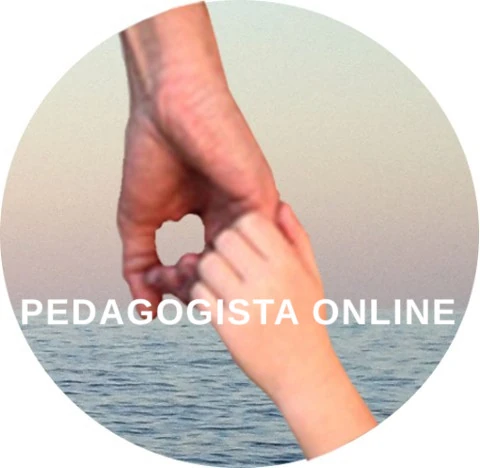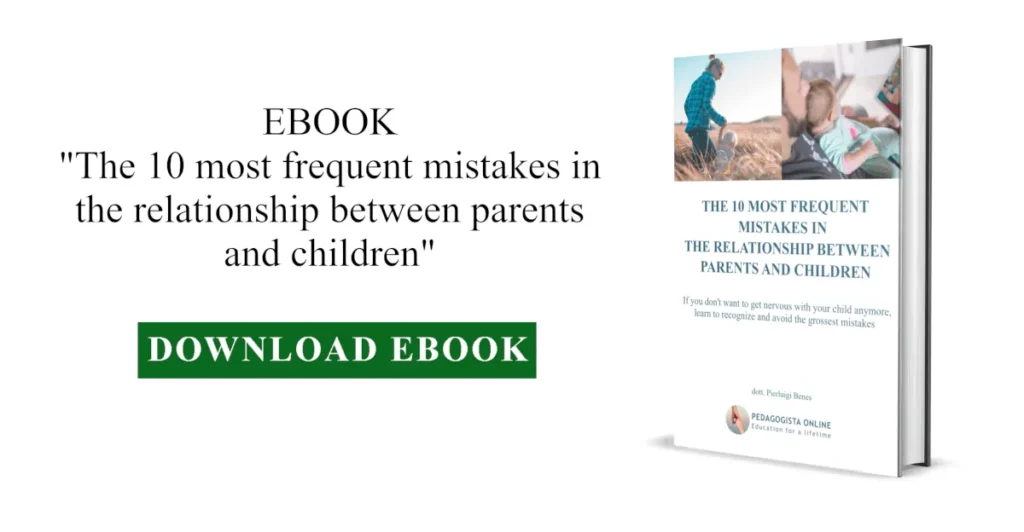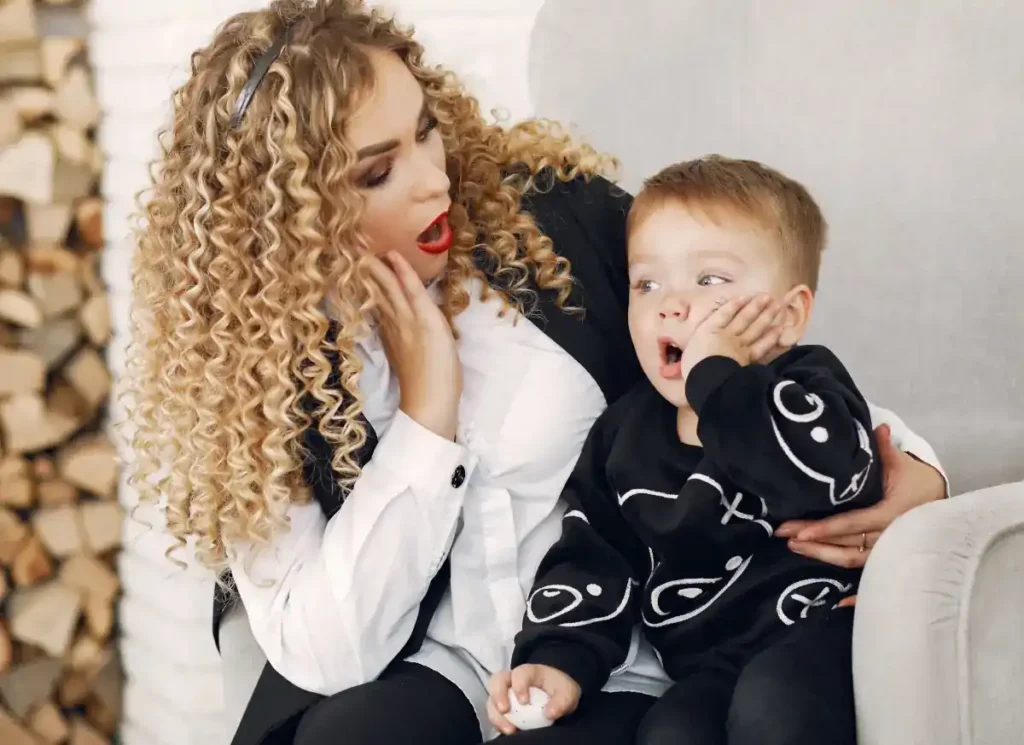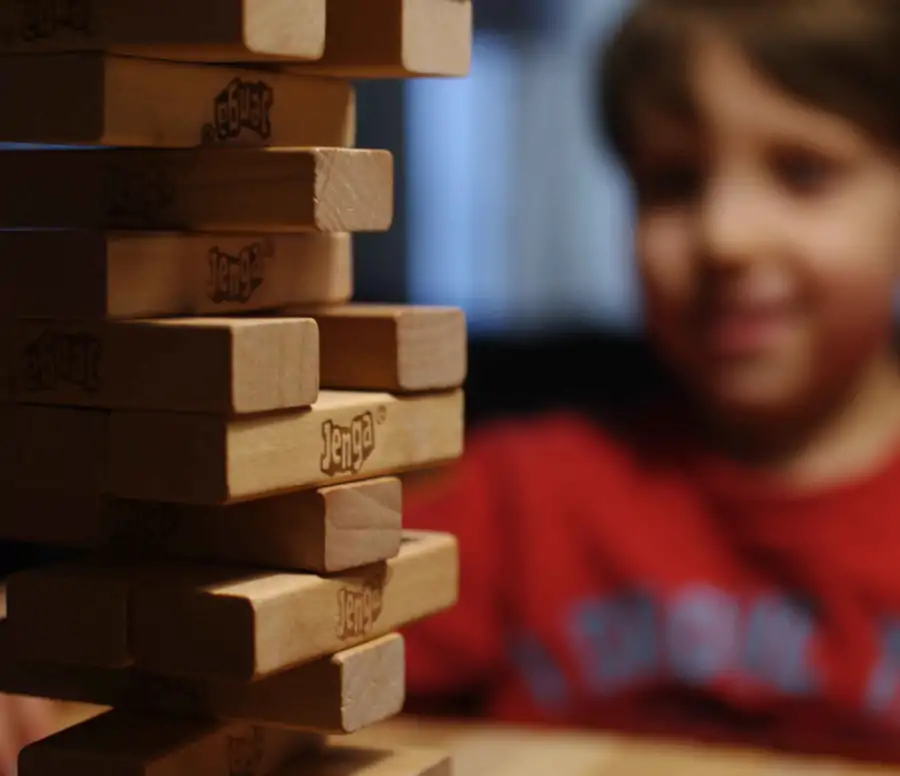You are encountering some difficulties with your 10-year-old child, and you don’t know how to handle the situation. At school, he/she appears quite disinterested, and even at home, there is little effort put into studying. You and your partner have discussed this issue multiple times, but you don’t know how to manage it, and you have several doubts about how to educate a 10-year-old child. You often feel in crisis due to his/her behaviors and would benefit from some advice.
A 10-year-old child generally has acquired the basic skills to tackle studying independently. However, it is not guaranteed that he/she feels sufficiently motivated to do so.
Some children indeed show little commitment to studying: some are uninterested, others struggle to keep up with the workload, and some may have disorders that affect their study efficiency. In other cases, the teaching method may not suit the child’s learning style, further complicating the situation.
I think among the questions you have, there may also be these: How can I empower my child in studying? How can I evoke more interest in school? Is it right to insist on greater effort, or should I limit my expectations to what he/she can give? If he/she refuses to do it and throws tantrums, how should I behave?
You may have sought some guidance by reading books or articles, but probably you haven’t found precise suggestions on how to handle the situation, aside from some general advice.
It is normal for a parent to have these kinds of questions and wonder how to educate a 10-year-old child when this phase arrives. If you find yourself in this situation right now, it could be very helpful for you to read what I have written for you.
I will provide you with some highly interesting suggestions to help you understand how to address the questions you are currently asking. In fact, what I will provide you with goes beyond mere suggestions; I will offer you an effective strategy to learn how to relate to your child with greater self-assurance and avoid some common mistakes parents often make. Thanks to this strategy, you will understand by yourself, step by step, how to behave.
1. 10-year-old child: what it means to educate
The first thing I suggest you do is to take a look at my short Guide on upbringing; it is a first step to understand a fundamental aspect for a parent, which is the sense they want to give to education. It is the first thing I invite all parents, and even expectant couples, to reflect upon.
If you have a clear understanding of how to interpret the education of your child and you also find it helpful to think of it as assistance to develop their talents, now you can grasp the reasons behind the educational strategies I suggest in this article and, above all, how to apply them with your 10-year-old child to foster their personal growth in the best possible way. What I propose is inspired by these principles:
– having a starting point: your child, today;
– having a purpose: bringing out your child’s talents;
– knowing how to apply basic pedagogical skills, that is: exercising an educational role (or “guidance”); correctly applying the 3 phases of education; providing the child with the right stimuli for their development.
2. The starting point and destination of your role as a parent
Based on what I have explained in detail in this post, the starting point and endpoint for a parent in the education of their children are always and only represented by the child themselves. The difference between the two points concerns, therefore, the child, who day by day is different from what they were before.
When you accompany them through the constant transformation that is identified in growth, you take on an educational role as a “guide” towards them. However, this type of guidance is not equivalent to a directive role, where you systematically tell the child what they should or should not do.
An educational role is more akin to that of a driving instructor, where you simply teach someone how to drive a vehicle without indicating the specific direction to take. Therefore, it is appropriate that your actions towards your child follow the 3 phases of education: first, you do «for them»; then, you do «with them»; and finally, when they are more confident, you are simply present while they «do it themselves».
In order to fulfill this guiding role appropriately, the purpose you can set for yourself is to bring out all the potential of the child, helping them develop it in the best possible way.
Now that you have a clearer idea of the elements at play, I will show you how to use suitable strategies towards this purpose with a 10-year-old child.
3. How to provide the child with the stimuli he/she needs
The most effective strategy to provide the child with suitable stimuli for their growth is the one that involves moving around the child’s «zone of proximal development». Now, I’ll use a very intuitive example to help you understand this elementary principle well.
Usually, when faced with a task that is too difficult, the child tends to become discouraged because they feel inadequate to accomplish it. On the other hand, if they are given a task that is too simple, they get bored because they could do much more. When the task is precisely at their level of competence, they gain confidence in their abilities but do not get accustomed to using new ones.
The optimal solution to promote the child’s development is to put them in a slightly more challenging situation than what they can currently do (zone of proximal development). Now, let me explain how to put this into practice in your everyday life.
In the beginning, I mentioned some of the most common doubts in a parent of a 10-year-old child, including the issue of making the child responsible for their studies and making them approach it with interest and without fear.
Now, I want to provide you with some skills that can be helpful in customizing more effectively the type of educational approach you can take towards your child in similar situations.
4. How to educate a 10-year-old child through the zone of proximal development
This is a typical situation, and I am using it only as an example to convey a strategy that can be helpful in any circumstance. Let’s see, then, how to successfully accompany the child’s growth in their academic commitment through the zone of proximal development:
A) The task is way above their capabilities: This situation arises when the child is expected to study everything the teacher says without considering the difficulties they may encounter. Perhaps there is also frustration or anger when the child doesn’t comply or fails to achieve satisfactory results.
If the child cannot handle it adequately, they become discouraged because they know they have a difficulty but don’t know how to overcome it (dyslexia, learning styles, study methods). Moreover, they feel like they have no support at home.
B) The task is way below their capabilities: If the child is left to their own devices, without checking if they are studying or only doing it when they feel like it, they may not have sufficient motivation to do their best.
In practice, even if they have good abilities, they might limit themselves to using them minimally. If the child is very capable, they will certainly do well, but if they encounter any slight difficulty, they might get stuck.
C) The task is exactly at the level of their capabilities: This happens when the focus is solely on checking if the child is studying and if their results are satisfactory. They will probably do well, but they won’t be sufficiently stimulated.
Now, try to think about how you could provide stimuli that are “slightly” above their capabilities. The solution is straightforward; simply accompany the child in appreciating studying, by occasionally offering to listen while they review their subjects or by discussing the topics they are studying.
This way, you have the opportunity to better understand any difficulties they might encounter (difficulty reading, taking a long time to learn, finding the teacher’s explanations boring, or being asked to study without receiving prior explanations, etc.).
By approaching them and their difficulties, you can figure out how to make your child more interested in studying, which is a significant aspect of enabling their personal development.
Additionally, by paying attention to how your child approaches studying, you can create very natural dialogues between you, which can make communication between parent and child much more effective than any frontal teaching.















